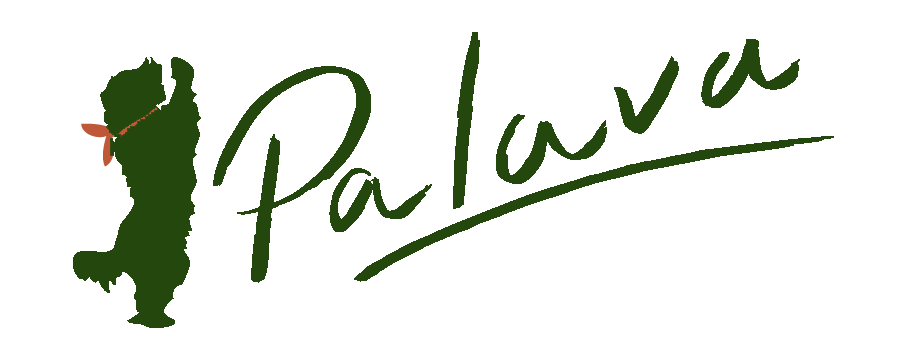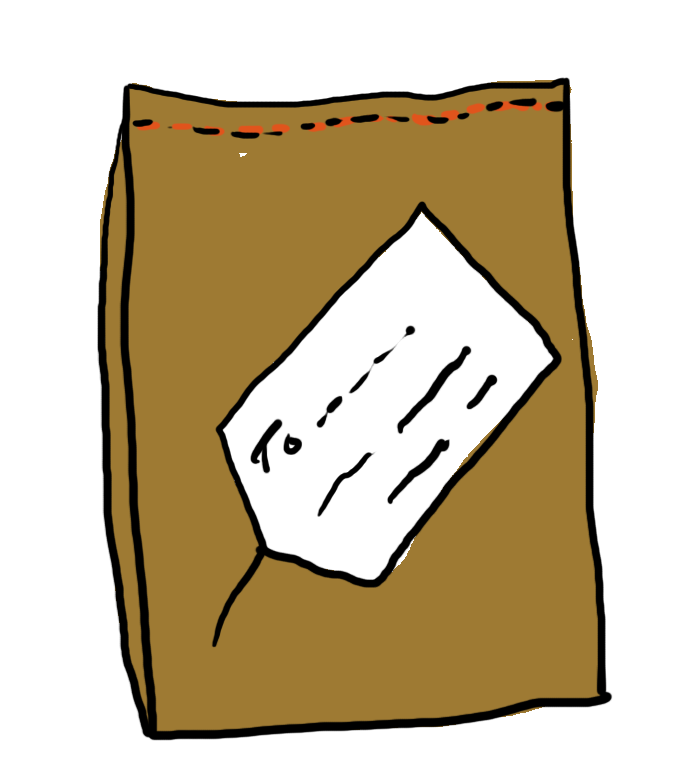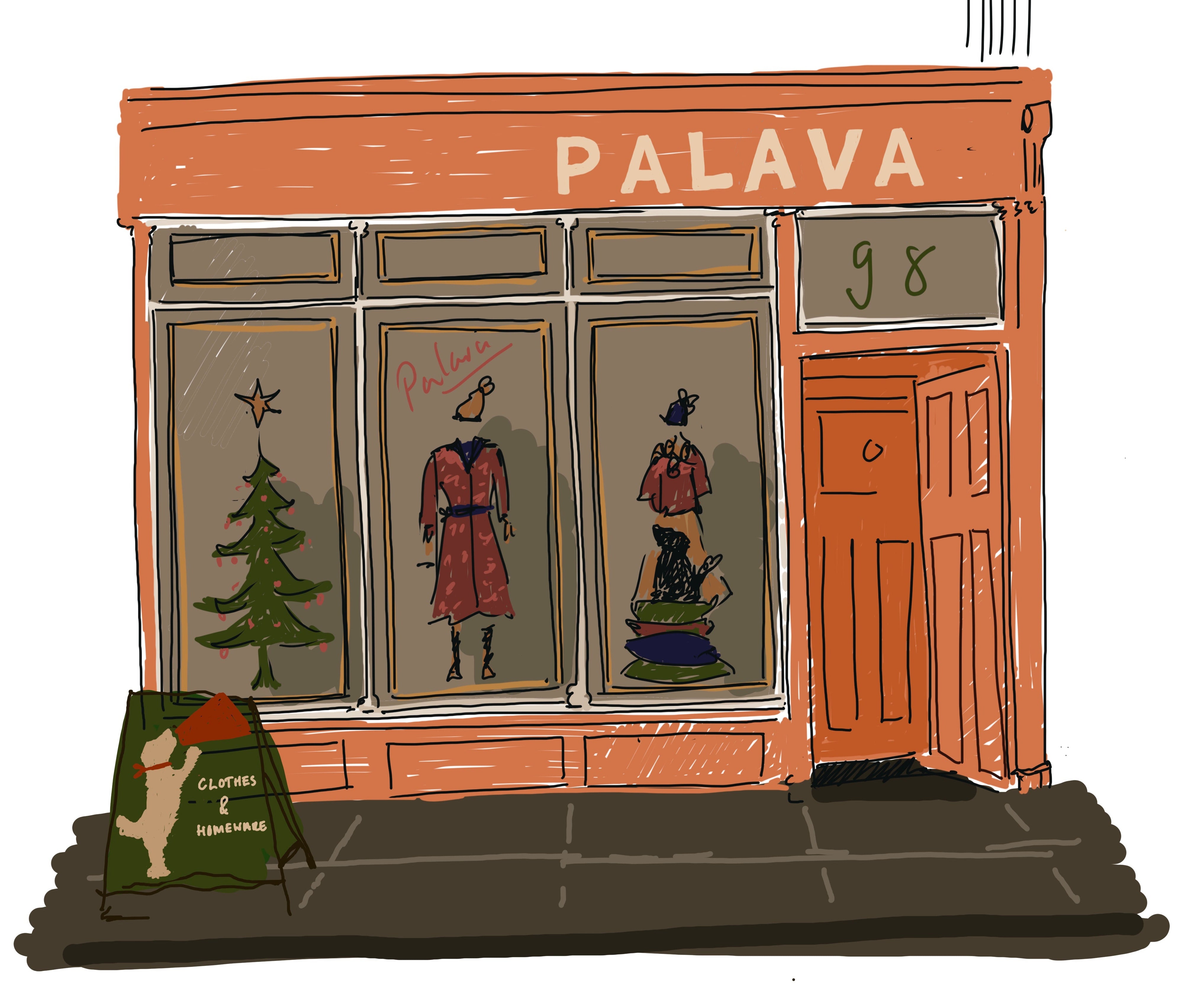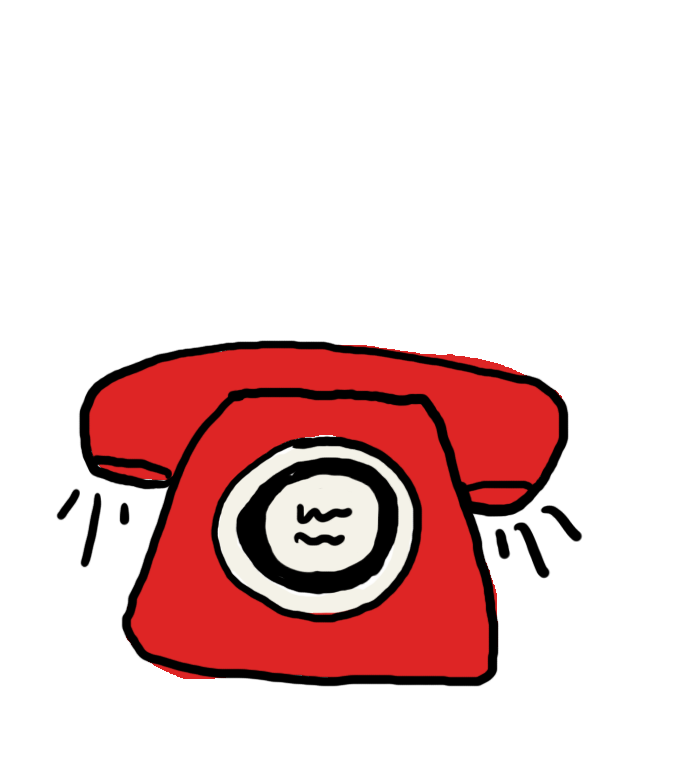'Who Made Your Clothes?'
Fashion Revolution Week 2020 is here and we are taking you along on a journey to take a closer look at Palava's production process - from the crop, to the yarn, to the printed fabric and dresses.
Who made your clothes.
How many pairs of hands does a Palava dress pass through before it arrives at your door?
‘Who Made Your Clothes?’ can seem like an very big question when you think of it like that.
We'd like to take you on a bit of a journey through Palava’s production chain. It will hopefully give you some food for thought about the work and people involved in bringing Palava to life!

The beginning.
Our journey starts in Turkey - this is where our organic cotton is grown, spun and woven into cloth. Turkey is also where our cloth is printed. Turkey is the first chapter of the production story.
Bryony visits our supply partners in Izmir every year to monitor print production and last year had the opportunity to also visit the factory where they transform the raw, harvested organic cotton - soft, white, pillowy clouds of fibre - into something we’re all much more familiar with - woven cloth.
Cotton is planted in the Spring and harvested in the Autumn. The raw organic cotton must be sorted and graded first - the whiter cotton is more valuable, the yellower cotton, less so.
The little black cotton seeds are then gently combed out before each tub of graded cotton balls (which look very much like the little balls of cotton you might have in your bathroom) are mixed and blended together to make one giant cotton ball.
From here, the organic cotton goes through a process known as ‘carding’ to separate and align the fibres and make a thread which is then woven into a beautiful cloth.


For people who know Bryony, it will come as no surprise that she loves observing this process. She has always been fascinated by factories and learning where things come from. Watching one thing being transformed into another... seeing skilled people at work and hearing the buzz of machines.
The set up at the cotton mill that we use is unbelievably impressive - modern, clean and efficient with comfortable working conditions.




Our knitwear production continues in Turkey. The working conditions for the employees here are really something we are proud of. The factory is clean, warm and comfortable. Everyone gets a free lunch along with regular breaks throughout the day. All employees are paid living wages or above. Some of them have been part of this family run business for decades and it has provided them and their families with a stable income for generations. We feel very lucky to have found such highly skilled and experienced knitwear partners to work with for our production.


The quality of the embroidery that our Turkish team creates on our knitwear is really wonderful. We present them with nothing more than a drawing and some colour references, and they somehow manage to interpret our design in thread so amazingly accurately. Just look at the stunning large parrot or tiger head on our popular cardigans! Getting embroidered knitwear samples in the post is always our favourite delivery at the studio!
The team in Turkey are also responsible for interpreting our jacquard knits - our snuggest and cosiest knit option. To make these designs they cleverly knit multiple threads in different colours together to create intricate patterns.



Whilst our knitwear production is completed in Turkey, our woven and printed cloth travels by lorry, direct to our little London factory. This journey takes around two weeks so is quite a slow process, but far more environmentally friendly than the alternative, which would be to fly the fabric over.
Once at our factory, Balbir (who runs the place) and his brother Satnam unload and start to sort. The factory is small and both brothers are very hands on. They are skilled cutters and cut our cloth into Palava dress shapes on a huge cutting table. It’s not unusual to see Balbir at the sewing machine, helping to get garments made, or Satnam fixing buttons.
Both brothers are incredibly hard working, kind to their staff and fair businessmen to work with. A good working relationship depends upon trust and the ability to be flexible, problem solve quickly and be understanding of the challenges each participant in the production process might face. We're very lucky to be working with Balbir and Satnam. They even send us lovely WhatsApp messages at Christmas, Easter and any other festive holiday!




The working conditions in our London factory are very good. It is a warm, comfortable and positive environment. Every member of staff gets the London living wage or better, and they have an hour’s lunch break.
All employees down tools for a tea break in the morning and afternoon, too. One member of the team makes an enormous jug of sweet, creamy tea for all to enjoy. It’s a good day when we happen to be at the factory at that time, too, it is the best tea I’ve ever had!


Although closer to home, the London phase of production (cutting and sewing the garments) is definitely the most challenging. Timing is everything, and a small delay or forgotten detail can set back everything and mean that we can’t launch our collection on time. For a small business a delayed launch can mean the difference between being able to pay your staff at the end of the month or not.

To give you an idea of the sorts of dilemmas we come across, last year 5 huge rolls of fabric (500m worth) magically disappeared from the delivery lorry … to weave and print the cloth again would take almost two months - meaning we would miss our production slot with the factory and also be very very late launching the garments for the new season.
Events like this are out of our control and there is very little we can do about them. For everything that we CAN control, it is so important to be as organised as possible!
(In case you are curious: the missing fabric re-appeared weeks later, all covered in mud… !)

During the production process, our Production Manager, Leah goes to the London factory at least once a week. It’s important that any mistakes are spotted and put right quickly before they turn into bigger problems. Having a good rapport with the machinists helps a lot - they're far more likely to come to you with a problem if you are a familiar and friendly face!
Once our Palava dresses are stitched and pressed, they are hung in rows on a big rail - at which point Leah cast her eye over them for faults and flaws. Once they get the seal of approval, they get packed up in our plastic free bags and sent up to our Yorkshire warehouse.
Zoe and Lynsey manage our Yorkshire warehouse. They both work really hard for us and are absolute stars - especially during sale times when we can get very busy indeed. Zoe and Lynsey keep an eye out for any damaged clothing and have some handy sewing skills between them so have been known to replace a button or two! They carefully pack up each each order and send it off on it’s final journey - to your door!
And that's the story of your Palava dress journey. Who made your clothes? Many many, hard working people! We're so grateful to them each and every step along the way and hope that you will cherish your Palava dress even more knowing the journey that it has been on !









